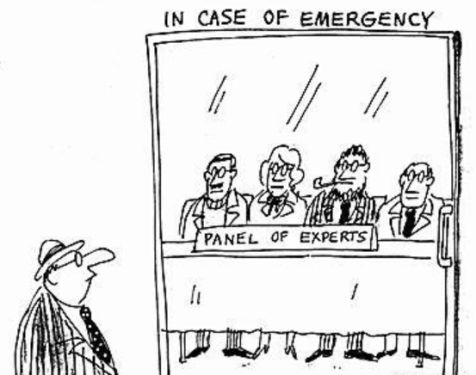Call for Papers: “Ethical and Epistemological Issues in the Teaching of Politics”
Justice Everywhere is pleased to share the following call for papers:
The Centre for the Pedagogy of Politics (CPP) at UCL and the Teaching Political Theory Network (TPTN) at the University of York are co-organising a one-day workshop focussed on ethical and epistemological issues in the teaching of politics.

Time: Friday, 6 June 2025
Location: University College, London
The teaching of politics is taken to include the teaching of all relevant sub-disciplines (e.g., political science, international relations, political theory) as well as activities that inform and support it (e.g., related pastoral and administrative activities).
The aim of the workshop is to provide a platform for educators and researchers to critically explore contemporary philosophical issues, scholarly debates, and innovative pedagogical approaches related to the central theme.
We welcome presentations, case studies, papers, and panel proposals that might address, but are not restricted to, the ethical and/or epistemological dimensions of:
- the teaching of argumentation in politics;
- background methodological choices/assumptions;
- neutrality of teacher viewpoint;
- freedom of speech in the classroom;
- teaching controversial/offensive/upsetting topics;
- inclusive classroom practices;
- decolonising/liberating the curriculum;
- differential treatment of students;
- modes of assessment;
- reducing the emphasis on grades;
- use of A.I.;
- programme design;
- co-designing teaching materials with students;
- aiming to enhance student employability;
- the teaching of interdisciplinary subjects.
Please send your expression of interest and a short abstract of no more than 100 words to polsci.cpp@ucl.ac.uk by the end of Wednesday 9th April 2025.
We look forward to hearing from you soon!






